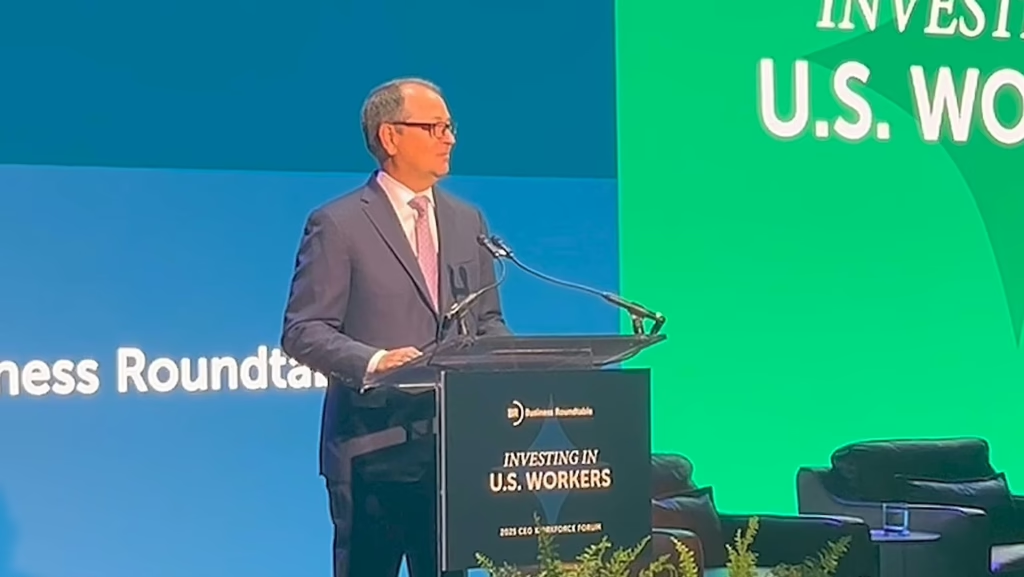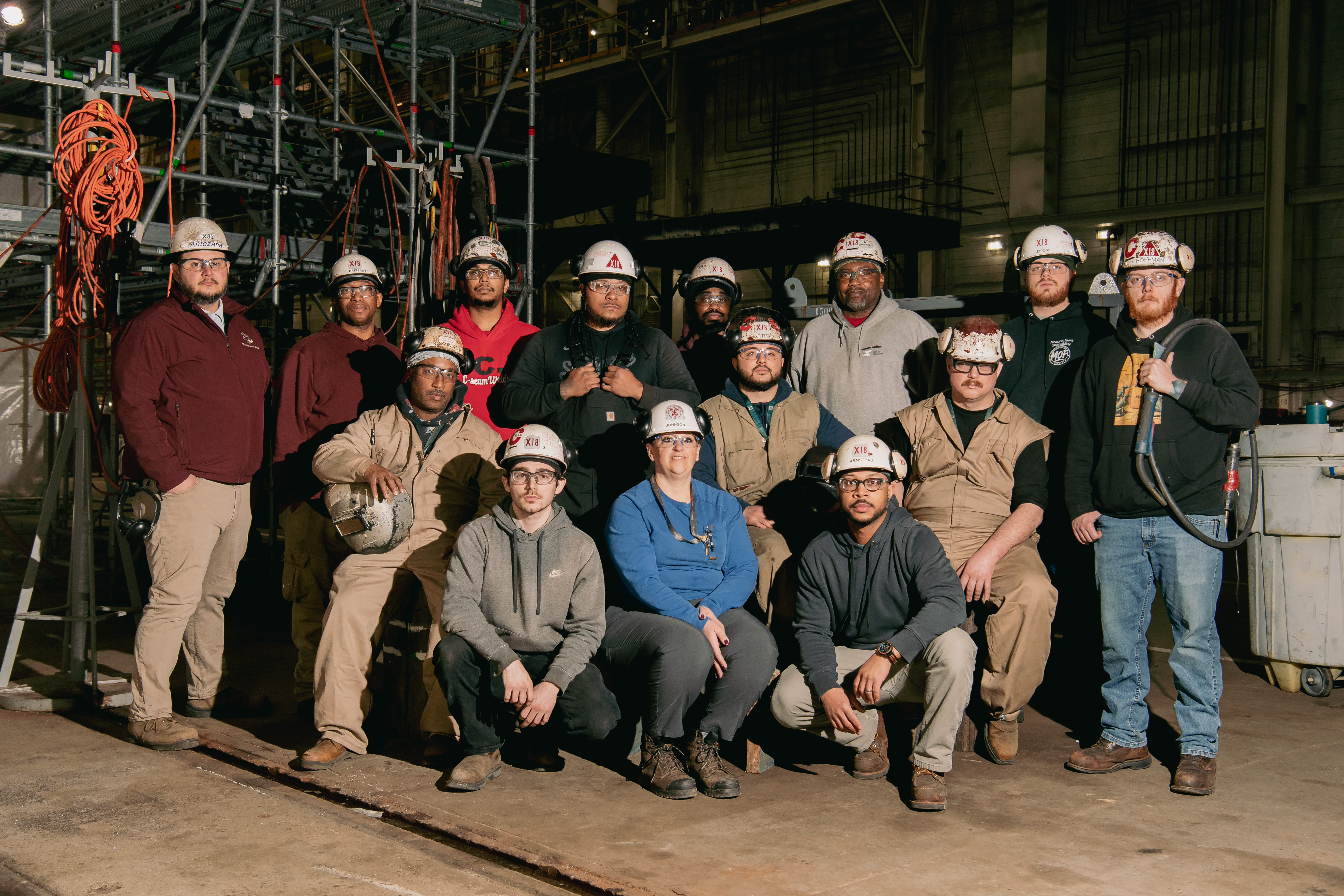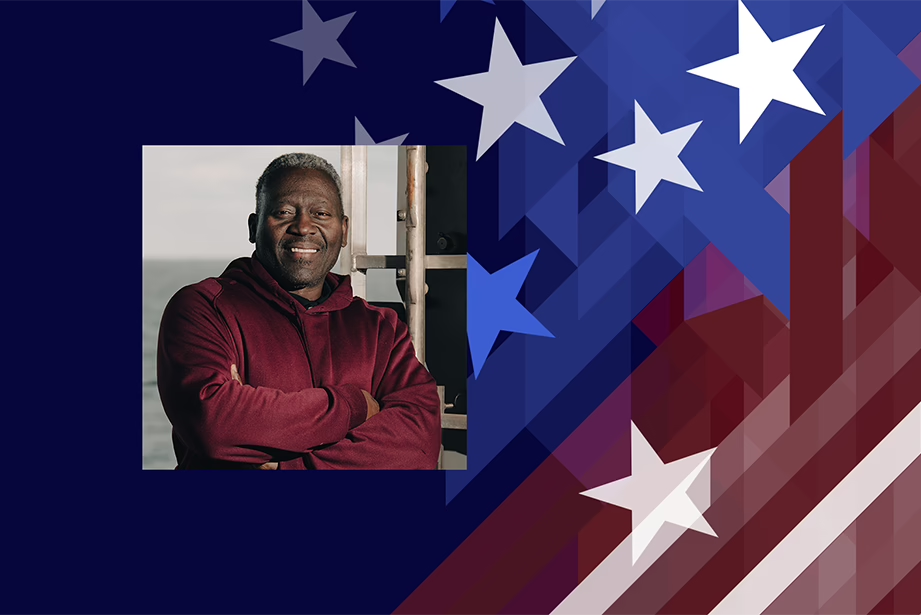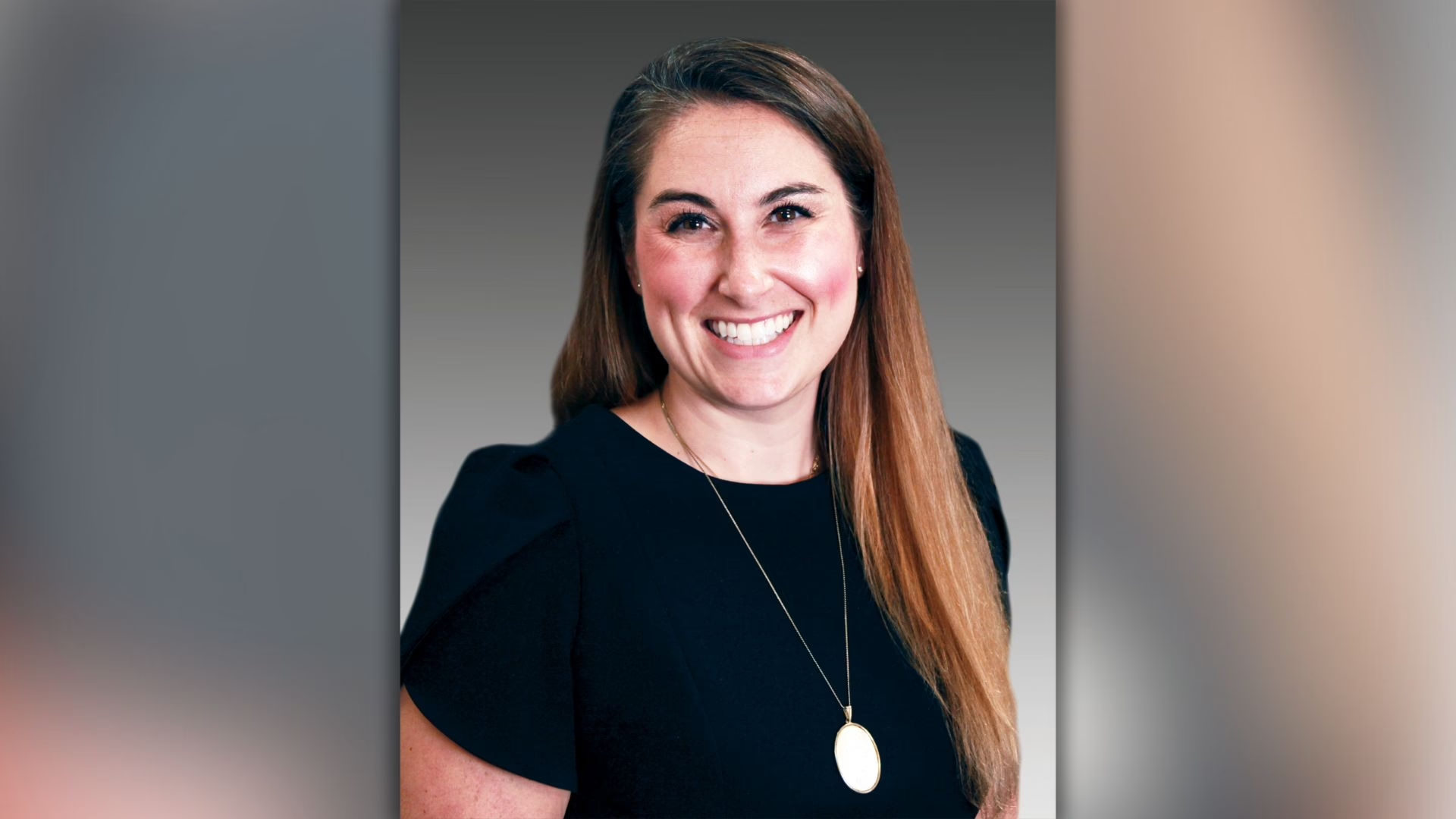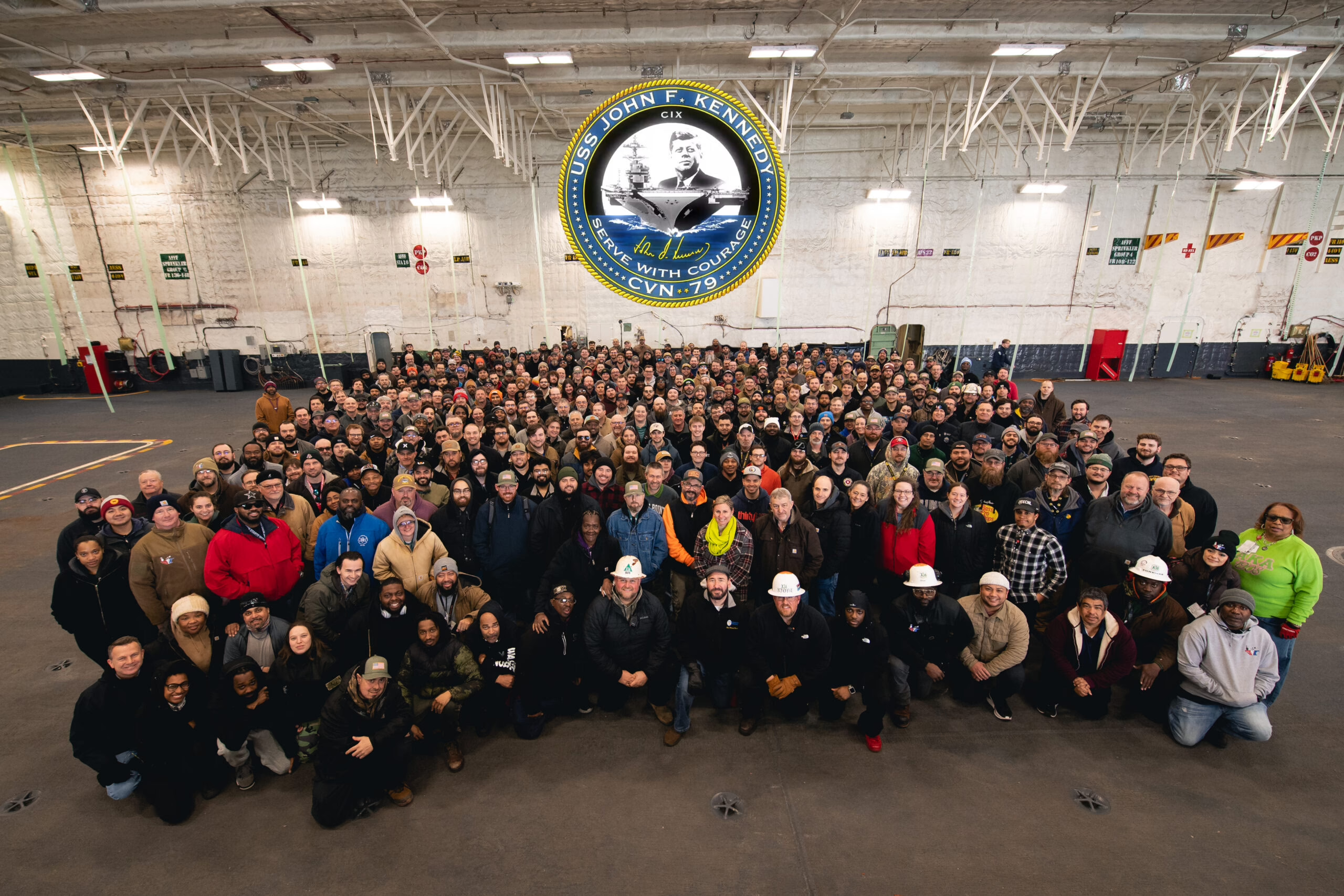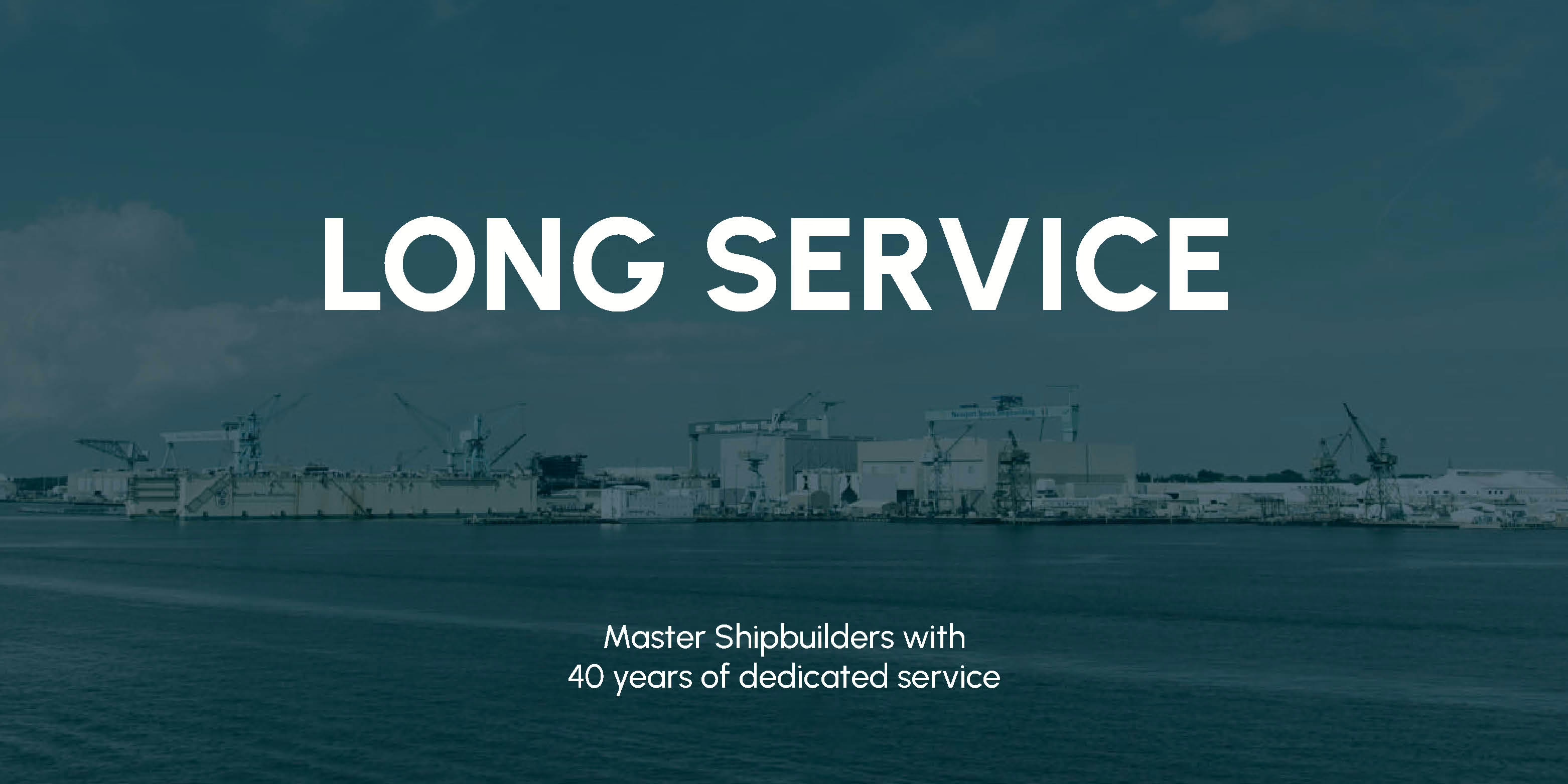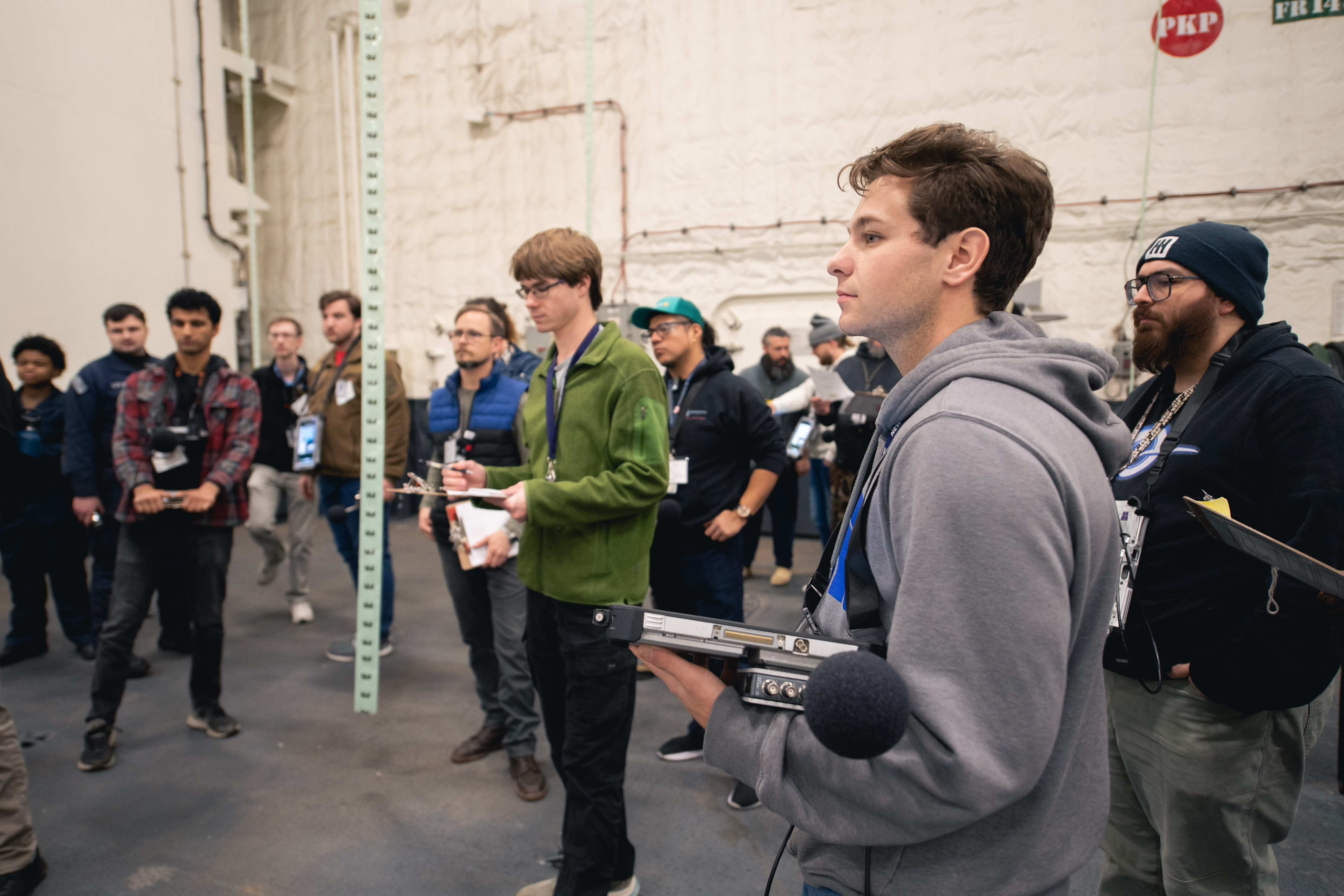Below are the full remarks HII CEO Chris Kastner presented during the Business Roundtable CEO Workforce Forum, held Tuesday, June 17, 2025, in Washington, D.C.
Good morning – and welcome. One of the most important lessons I’ve learned since becoming CEO of HII is NEVER FOLLOW MALIK WHITAKER. He’s a model employee and real ambassador for apprentices and shipbuilding in general. So this morning I am breaking my own rule and coming in right after him.
It’s a privilege to open this second Business Roundtable CEO Workforce Forum. Thank you all for being here.
Looking around this room, I’m encouraged. It’s filled with leaders from the private and public sectors – people who are not just talking about the American workforce but who are doing the work to shape it.
You’re helping us send a clear message that building a stronger, more competitive U.S. workforce is a shared, urgent priority.
We have an exciting morning ahead. You’ll hear from business and government leaders – each offering insights into how we can:
- Modernize education and workforce systems
- Build a stronger, sustained pipeline of skilled talent
- And expand economic opportunity for all.
Whether you’re here from business, government, or the education and workforce sectors – thank you for being part of this effort.
I’d like to begin with HII’s experience – because ultimately, workforce development is not just about policies or programs. It’s about people.
You just saw a glimpse of HII’s workforce story. I want to build on that and explain why today’s conversation matters to us.
Talent is mission critical at HII. At our core, HII is a workforce development company.
Every product we make depends on the skill and dedication of our people.
That’s why we’ve invested in programs like our Apprenticeship Schools and skilled trades training.
Through these efforts, we’ve seen real impact:
- One result is longevity. HII employs 14-hundred “master shipbuilders” – these are shipbuilders who have been with the company for more than 40 years!
- Our Apprentice Schools at Newport News Shipbuilding and Ingalls Shipbuilding have produced almost 20-thousand graduates in their histories – the school in Newport News is more than 100 years old.
- Newport News’ Apprentice School admits 250 students annually; 3000 grads work in that shipyard now.
- 45% of our production management positions are held by grads, and more than 80% of alumni are work at NNS for at least 10 years.
- Some fun facts: the school’s athletics programs have won NCAA championships in men’s baseball, basketball, wrestling and football, as well as women’s basketball
- Finally, after our apprentice schools, our partnerships with regional community colleges are our strongest talent pipelines, delivering almost 30% of new hires.
As our experience at HII shows, when you invest in talent and get it right, the impact is powerful – for workers, companies and communities.
Because good companies don’t just hire talent – they grow it.
But sustaining a skilled workforce isn’t easy. And the challenges we face at HII reflect broader national trends.
First, America’s workforce is changing.
Our population is still growing – but the workforce isn’t keeping pace.
More Americans are retiring – and too few are replacing them.
One striking statistic from the workforce data firm Lightcast: Between now and 2032, population growth is expected to outpace labor force growth by nearly 8 to 1.
On top of that, labor force participation trends are uneven. In particular, men’s participation rate is declining – affecting key sectors like construction and manufacturing.
We’re also seeing persistent skills gaps across the workforce.
The gap between available skills and needed skills in the workforce is widening.
Technology is evolving fast – but education and training systems too often lag behind.
These are challenges we feel every day – and ones we can only solve together.
And that’s why we’re here today – to focus on solutions.
How do we deliver more skills and opportunities to more workers – and help businesses find the talent they need to grow?
Over the next few hours, you’ll hear from leaders who are doing just that.
We’ll start with a focus on manufacturing and the skilled trades – two pillars of America’s strength and economic resilience.
If we invest in recruiting, training and retaining skilled workers – through strategies like skills-based hiring and work-based learning – we can strengthen our industrial base and keep America competitive.
We’ll begin with Panel 1, with Blake Moret of Rockwell Automation, Sara Armbruster of Steelcase and Peter Davoren of Turner Construction, about how they’re modernizing their workforce strategies.
They’ll share what’s working – and what can be improved.
Then, on Panel 2 we’ll hear from Marvin Ellison of Lowe’s, David Gitlin of Carrier and Calvin Butler of Exelon, about how they’re creating pathways into skilled trade roles – an enormous opportunity across multiple sectors.
I’m especially looking forward to hearing more about a new Business Roundtable initiative to strengthen talent pipelines in the skilled trades.
Our third panel addresses how large employers are engines of economic mobility – expanding access to skills, career pathways and upward mobility.
A recent Business Roundtable report shows that over one million Americans enter the middle class each year through employment at leading companies.
Building on this impact, Jamie Dimon and Kathy Warden will discuss how JPMorgan Chase and Northrop Grumman are using regional strategies to expand access to opportunity for Americans with a range of skills and experiences.
Finally, panel 4 discusses public-private partnerships.
Strengthening the American workforce isn’t just a business imperative – it also requires smart public policy.
Public-private partnerships are essential. The best policies reflect real-world needs – and help scale what’s already working.
Business Roundtable CEOs are focused on policies that:
- Modernize the Workforce Innovation and Opportunity Act
Expand Pell Grants for short-term, workforce-driven education and training programs – also known as Workforce Pell
Scale work-based learning opportunities like Registered Apprenticeship programs
Foster the broader economic conditions – through tax, trade and energy policy – that advance growth, competitiveness and workforce investment.
In this final panel, Julie Sweet of Accenture and Deputy Secretary of Labor, Keith Sonderling, will discuss how employers and government can work together to expand apprenticeships, modernize workforce programs, and prepare for the future of work.
Thank you again for being here – and for your commitment to building a stronger American workforce.
One thing I want to say before we get started is this: don’t doubt the toughness and the desire of the American worker. It’s our job to give them the tools to achieve their dreams: education, training, and a chance to be successful.
We have a powerful program ahead – and a lineup of leaders ready to share bold ideas.
With that, let’s get started.
